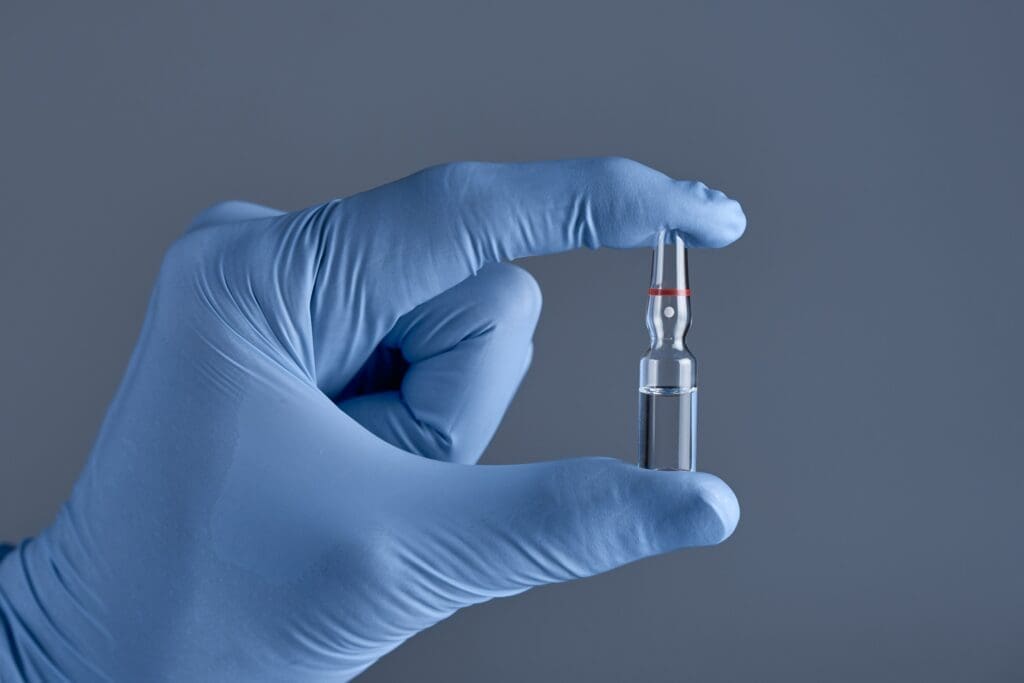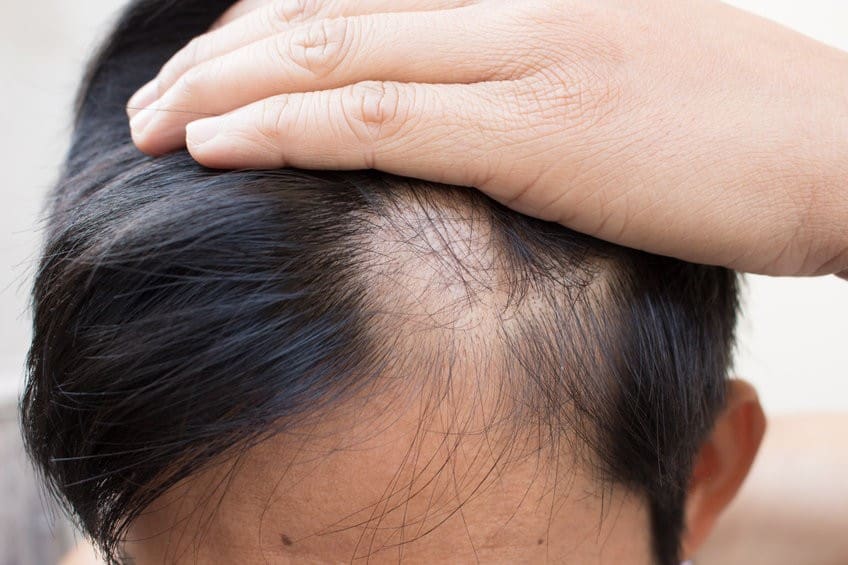
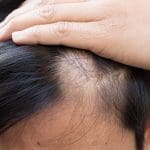
Alopecia Areata and Patchy Hair Loss
English-Speaking Dermatologist for Alopecia Areata in Taichung, Taiwan
Alopecia areata, also known as spot baldness, is a prevalent condition characterized by hair loss. It typically presents as round or oval bald patches on the scalp but can appear anywhere on the body. It often starts as a small spot and progressively enlarges. The exact cause of alopecia areata is not fully understood, but it is associated with genetic factors, autoimmune diseases, and stress. This condition can also affect other areas of the body, such as the eyebrows, eyelashes, and beard.
Do You Also Suffer from Severe Hair Loss?
Jada Pinkett Smith has disclosed that she suffers from severe hair loss due to alopecia areata, an autoimmune disorder. She mentioned on Instagram that she has been struggling with this issue for years. In Taichung, a 35-year-old man sought medical attention for extensive hair loss and two bald patches, attributed to work stress and poor sleep during the pandemic. Notably, some individuals have reported the onset or worsening of alopecia areata after receiving vaccines. Recently, a potential link between COVID-19 vaccination and this condition has been observed in clinical settings.
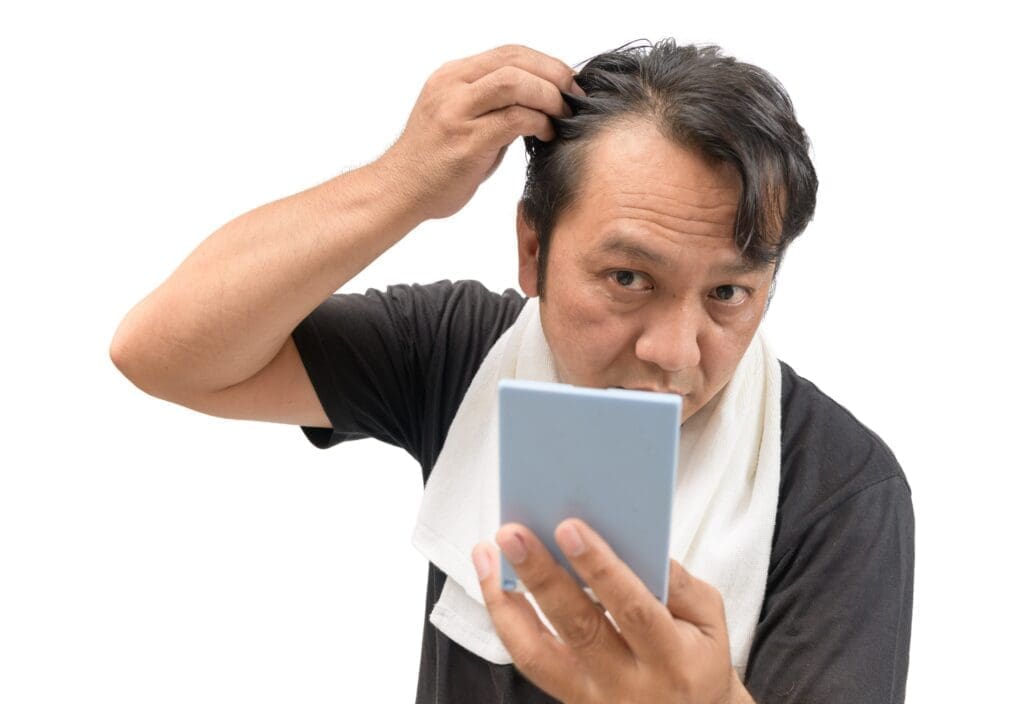

Alopecia Areata: Also Known as Spot Baldness
Alopecia areata, commonly referred to as spot baldness, is an inflammatory reaction where lymphocyte antibodies attack hair follicles. It manifests as sudden, coin-sized bald patches. This condition can occur on any hair-bearing area, including eyebrows and armpits, but is most noticeable on the scalp. Approximately 2% of people experience alopecia areata at some point in their lives. The body’s immune system attacks hair follicles, causing inflammation and disrupting hair growth and stability.
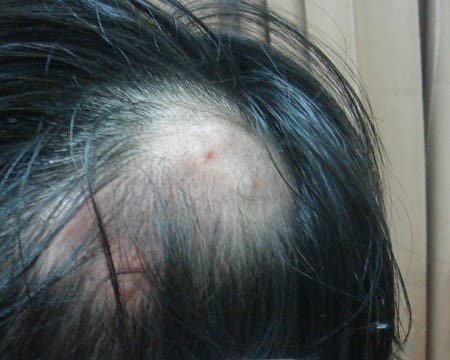
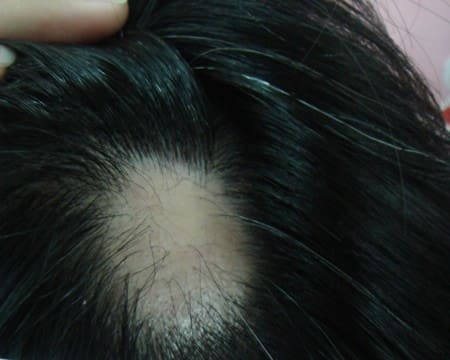
Causes of Alopecia Areata
The reasons for alopecia areata and general hair loss can be numerous, including:
- Certain Diseases and Medications: Conditions like hyperthyroidism and treatments like chemotherapy can trigger hair loss.
- Genetic Factors: A family history of the condition increases risk.
- Autoimmune Diseases: The immune system may mistakenly attack hair follicles.
- Stress and Anxiety: Psychological stress can negatively impact the immune system, leading to hair loss.
Managing Alopecia Areata If you are experiencing alopecia areata, consider the following steps:
- Seek Professional Diagnosis and Treatment: Consult a dermatologist for a personalized treatment plan.
- Use Therapeutic Shampoos and Combs: These can stimulate the scalp and promote hair growth.
- Monitor Diet and Lifestyle: Adequate intake of vitamins, iron, and protein is essential for healthy hair growth. Reduce stress where possible.
- Consider Hair Regrowth Treatments: Options include hair transplantation and platelet-rich plasma (PRP) injections.
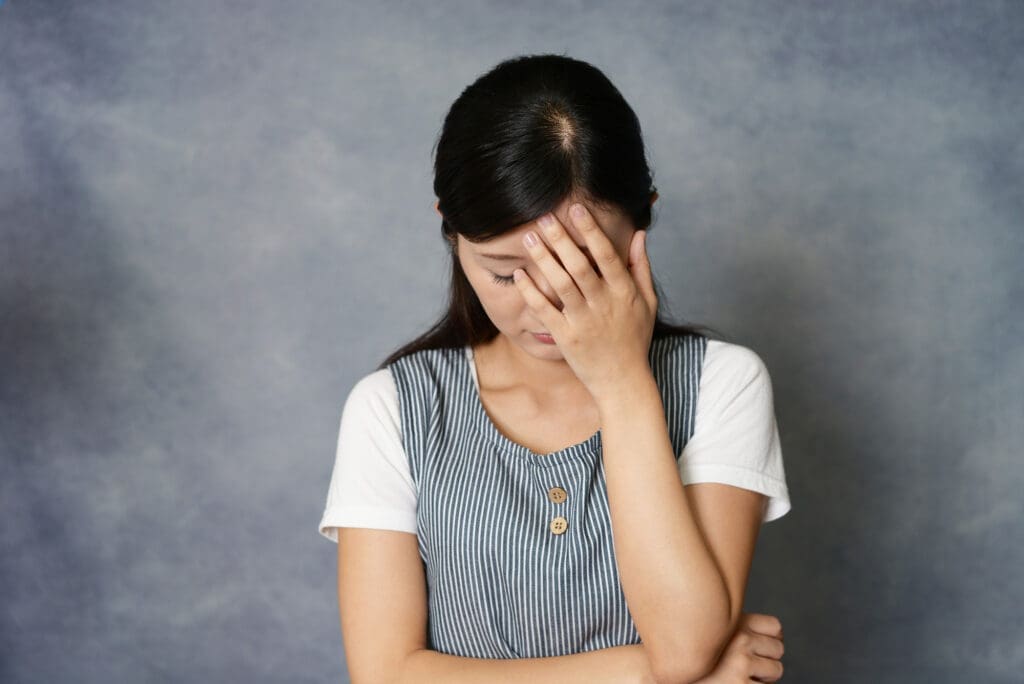
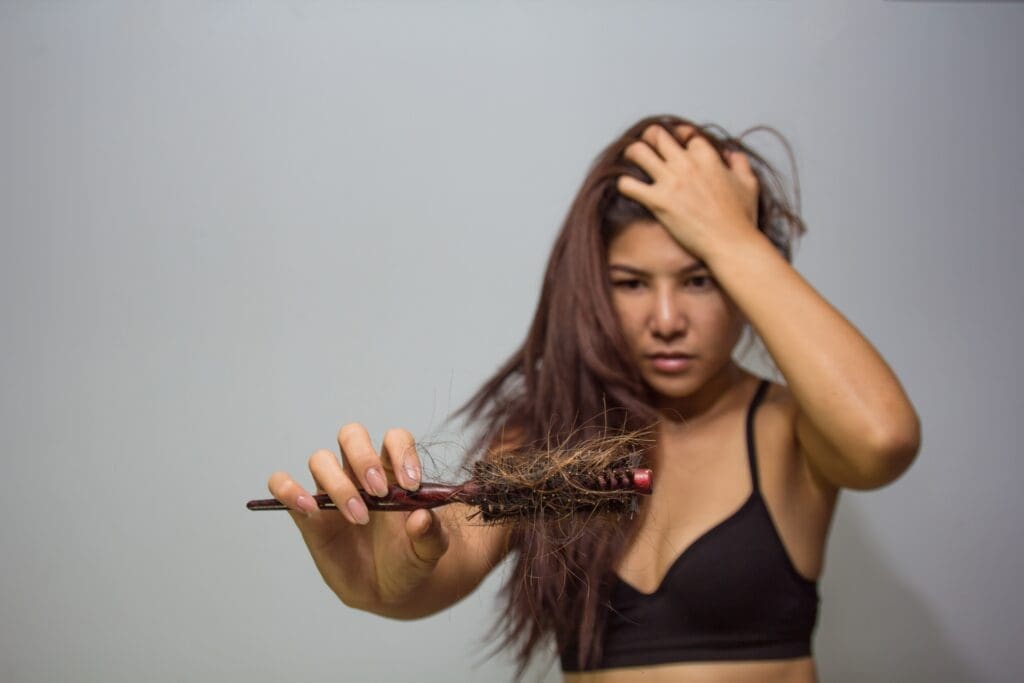
Addressing Hair Loss from a Dermatological Perspective
Hair loss should be addressed by identifying its root causes. For instance, improper scalp hygiene in hot climates can lead to fungal or bacterial infections, contributing to hair loss and potentially spreading to family members.
Treatment Modalities
In addition to understanding the causes, treatment may involve topical growth solutions and oral supplements. Advanced treatments like PRP therapy, which uses growth factors from platelets, can extend the hair growth cycle and improve scalp circulation.
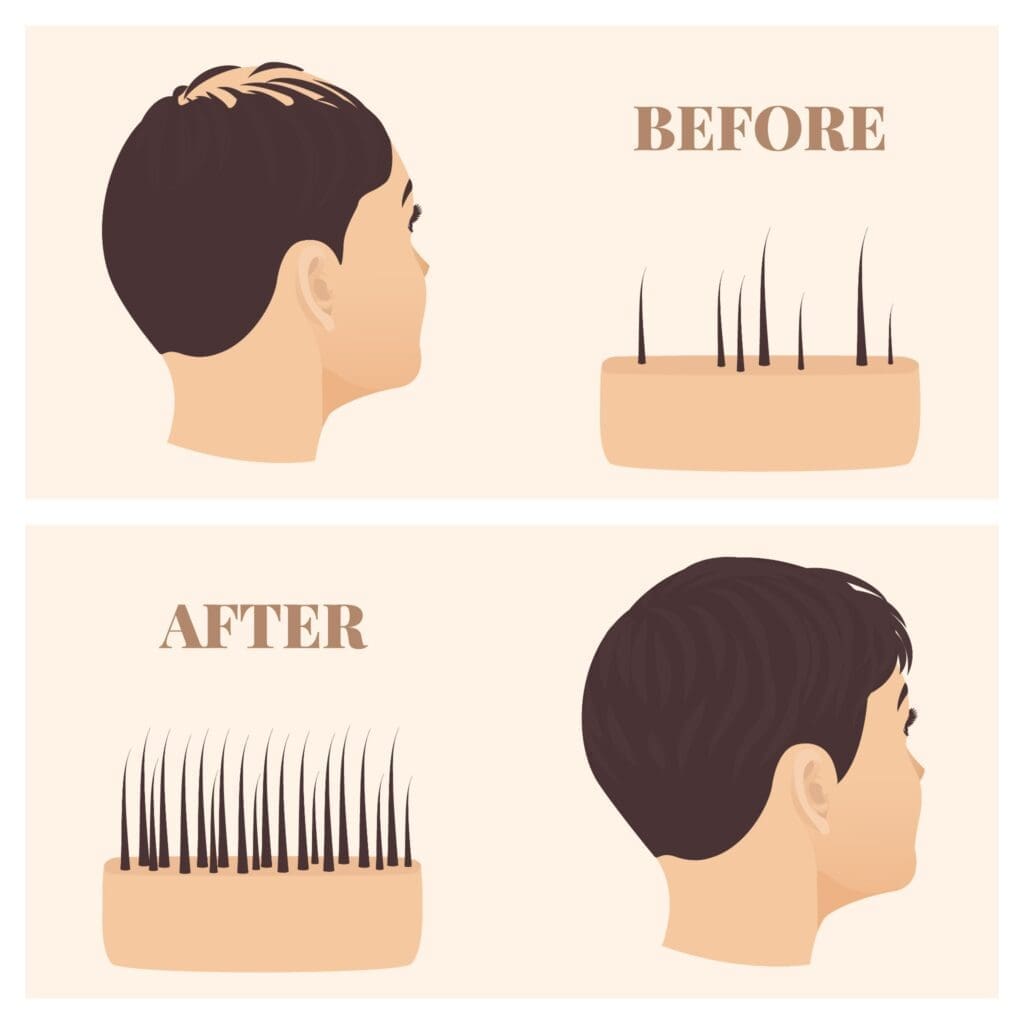
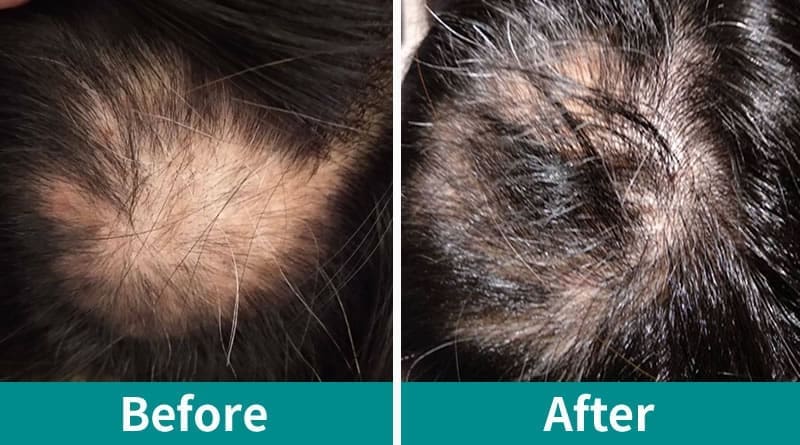
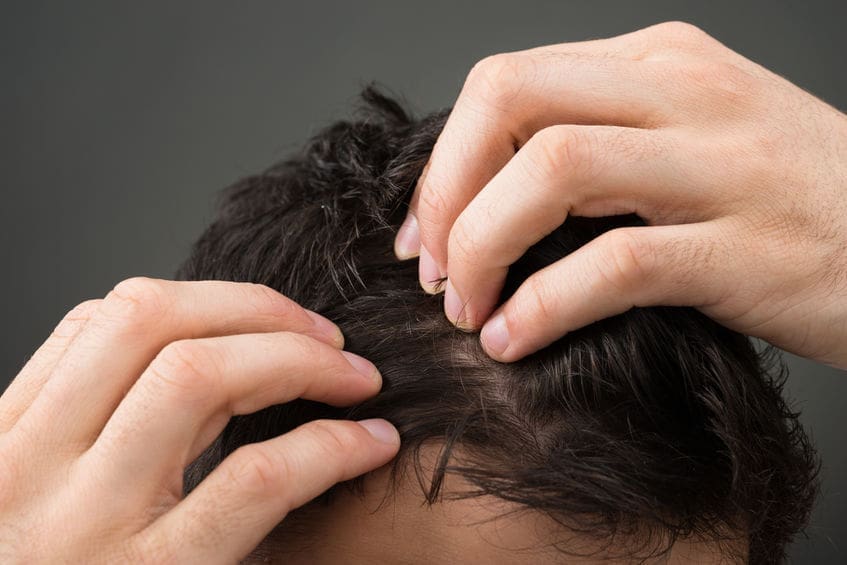

Psychological Impact of Hair Loss
Hair is a significant part of self-image. Hair loss can severely impact self-esteem and confidence, leading to social avoidance. Societal norms often equate thick hair with health and youth, exacerbating feelings of inferiority or anxiety. This psychological burden can lead to mental health issues like depression or anxiety.
New Immunotherapies for Alopecia Areata
There are various treatments for alopecia areata, including steroids, topical immunotherapy, hair growth solutions, light therapy, and immunomodulating drugs. New immunotherapies focus on regulating downstream immune responses with fewer systemic side effects, offering promising results for severe cases. For mild or localized alopecia areata, most people can see hair regrowth within 2-3 months. However, when hair loss occurs in noticeable areas, patients often seek aggressive treatments.
